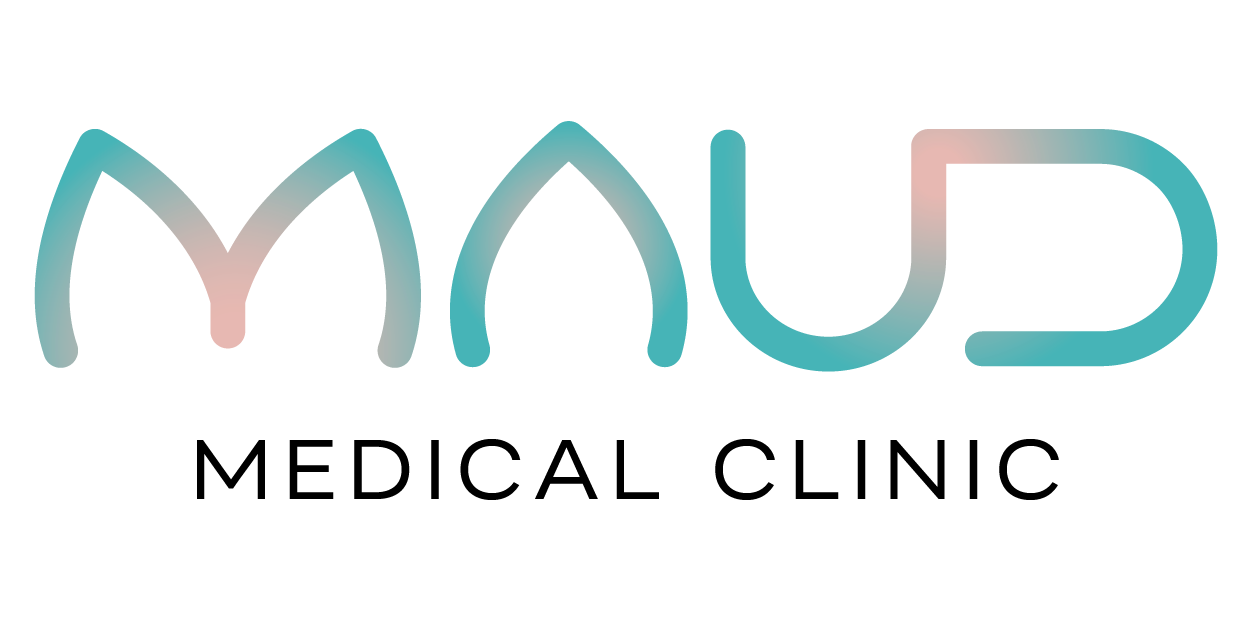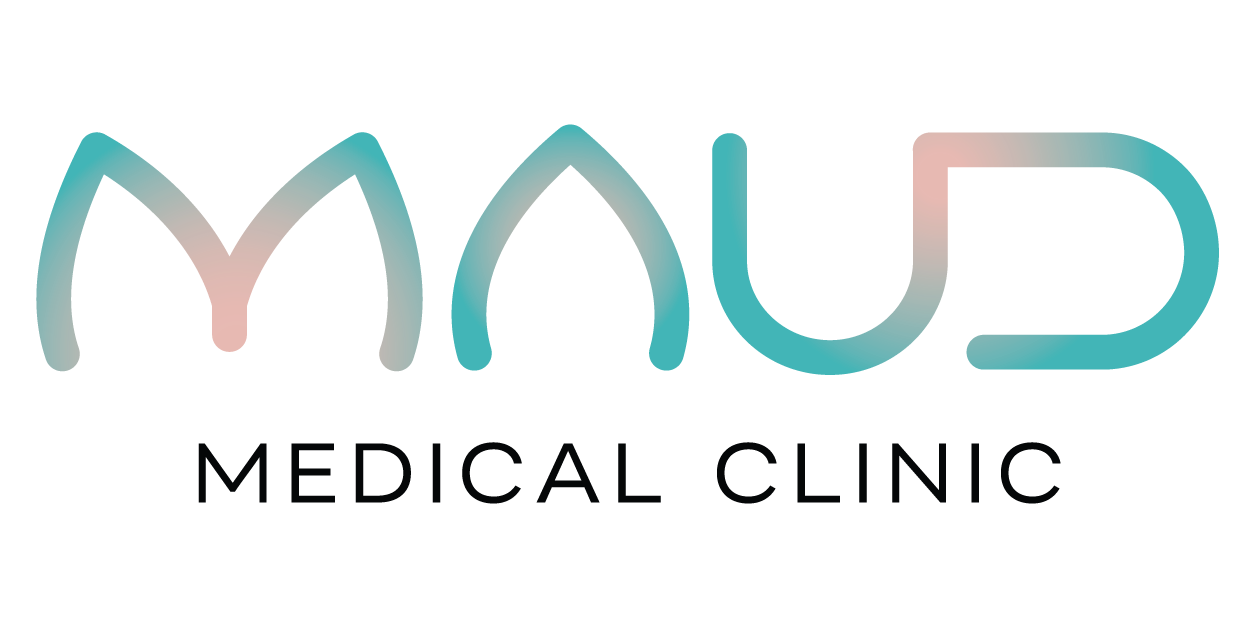What Every Woman Should Know About Ovarian Cancer
What Every Woman Should Know About Ovarian Cancer
Ovarian cancer is a serious and often misunderstood condition that affects thousands of women each year. Raising awareness about ovarian cancer—including its risk factors, symptoms, and treatment options—is essential for early detection and improved outcomes. At Maud Medical Clinic Calgary, we are dedicated to providing women with the information and support they need to make informed decisions about their health. This comprehensive guide aims to educate every woman on what they should know about ovarian cancer.
Understanding Ovarian Cancer
Ovarian cancer is a type of cancer that begins in the ovaries, which are part of the female reproductive system and responsible for producing eggs. Ovarian cancer can be challenging to detect in its early stages because symptoms are often subtle and easily mistaken for other conditions.
Types of Ovarian Cancer
There are several types of ovarian cancer, including:
Epithelial Ovarian Cancer: The most common type, accounting for about 90% of cases. It develops in the cells on the outer surface of the ovary.
Germ Cell Tumors: These develop from the egg-producing cells within the ovary.
Stromal Tumors: These arise from the supportive tissues within the ovary that produce hormones.
Understanding the different types of ovarian cancer is crucial for diagnosis and treatment planning.
Symptoms of Ovarian Cancer
One of the challenges in diagnosing ovarian cancer is that early-stage symptoms can be vague and nonspecific. Many women may dismiss these symptoms as normal discomfort or other common conditions. However, being aware of these potential warning signs is essential for early detection.
Common Symptoms Can Include:
Pelvic or Abdominal Pain: Persistent discomfort or pain in the pelvic area or abdomen.
Bloating: Feeling bloated or experiencing abdominal swelling that doesn't go away.
Changes in Appetite: Feeling full quickly or experiencing a loss of appetite.
Frequent Urination: An increased need to urinate more often than usual.
Changes in Bowel Habits: Experiencing constipation or diarrhea.
Fatigue: Persistent and unexplained fatigue.
Unexplained Weight Loss or Gain: Sudden changes in weight without an obvious reason.
If you experience any of these symptoms persistently and they are new or unusual for you, it's important to consult with a healthcare professional.
Risk Factors for Ovarian Cancer
While the exact cause of ovarian cancer is not fully understood, several risk factors have been identified that may increase a woman's likelihood of developing the disease.
Key Risk Factors:
Age: The risk of ovarian cancer increases with age, with most cases occurring in women over 50.
Family History: Having a family history of ovarian, breast, or colorectal cancer can increase the risk.
Genetic Mutations: Certain genetic mutations, such as BRCA1 and BRCA2, are associated with a higher risk of ovarian cancer.
Reproductive History: Women who have never been pregnant or have had difficulty conceiving may have a slightly higher risk.
Hormone Replacement Therapy (HRT): Some studies suggest that long-term use of estrogen-only HRT may slightly increase the risk of ovarian cancer, particularly when used for more than five years.
Obesity: Being overweight or obese may increase the risk.
Endometriosis: A condition in which tissue similar to the lining of the uterus grows outside the uterus, which can increase the risk.
Risk Reduction Strategies
While you can't change some risk factors, such as age or family history, there are strategies you can adopt to lower your risk of ovarian cancer:
Birth Control Pills: Long-term use of oral contraceptives has been shown to reduce the risk of ovarian cancer.
Pregnancy and Breastfeeding: Having children and breastfeeding can lower the risk.
Genetic Counseling and Testing: Women with a strong family history may benefit from genetic testing and counseling.
Risk-Reducing Surgery: Women with a high genetic risk may consider undergoing surgery to remove their ovaries and fallopian tubes.
Diagnosis of Ovarian Cancer
Diagnosing ovarian cancer often involves a combination of physical exams, imaging tests, and blood tests.
Diagnostic Procedures:
Pelvic Exam: A physical examination of the pelvic organs to check for any abnormalities.
Imaging Tests: Ultrasound, CT scans, and MRI can help visualize the ovaries and detect tumors.
Blood Tests: Measuring levels of certain proteins, such as CA-125, can provide additional information. However, the CA-125 test is not effective as a general screening tool because it can also be elevated in non-cancerous conditions such as endometriosis or menstruation.
Biopsy: A tissue sample taken during surgery to confirm the presence of cancer cells.
Staging of Ovarian Cancer
Once ovarian cancer is diagnosed, it is staged to determine the extent of the disease. The staging system ranges from:
Stage I: Cancer confined to the ovaries.
Stage II: Cancer has spread to nearby pelvic organs.
Stage III: Cancer has spread to the abdominal cavity.
Stage IV: Cancer has spread to distant organs.
Early detection is critical. When detected at Stage I, the five-year survival rate is over 90%. Unfortunately, many cases are diagnosed at later stages, when survival rates drop significantly.
Treatment Options for Ovarian Cancer
Treatment for ovarian cancer typically involves a combination of surgery, chemotherapy, and sometimes targeted therapies.
Common Treatment Approaches:
Surgery: Removal of the ovaries, fallopian tubes, and uterus (hysterectomy) is often the first step in treating ovarian cancer.
Chemotherapy: Drugs used to kill cancer cells throughout the body. Chemotherapy may be given before or after surgery.
Targeted Therapy: Drugs that target specific pathways or proteins involved in cancer cell growth.
Hormone Therapy: Used for certain types of ovarian cancer that are sensitive to hormones.
Supportive Care
In addition to medical treatments, supportive care is essential for managing symptoms, reducing side effects, and improving overall quality of life.
Living with Ovarian Cancer
Receiving a diagnosis of ovarian cancer can be overwhelming. It's important to seek support from healthcare professionals, support groups, and loved ones.
Coping Strategies:
Seek Emotional Support: Talk to a therapist, counselor, or join a support group.
Maintain a Healthy Lifestyle: Eat a balanced diet, exercise regularly, and get adequate sleep.
Stay Informed: Educate yourself about ovarian cancer and treatment options.
Advocate for Your Health: Work closely with your healthcare team to develop a personalized treatment plan.
Resources at Maud Medical Clinic Calgary
At Maud Medical Clinic Calgary, we are committed to providing compassionate and comprehensive care for women's health. Our services include:
Pelvic Exams: Thorough physical examinations to assess pelvic health.
Diagnostic Testing: Advanced imaging and blood tests to detect and diagnose ovarian cancer.
Referrals to Specialists: Collaboration with gynecologic oncologists for specialized treatment.
Supportive Care: Resources and support for managing symptoms and improving quality of life.
Our goal is to empower women with the knowledge and resources they need to take control of their health and well-being.
Visit us at Maud Medical Clinic
Raising awareness about ovarian cancer is essential for early detection and improved outcomes. By understanding the symptoms, risk factors, and treatment options, women can make informed decisions about their health and seek timely medical care. At Maud Medical Clinic Calgary, we are here to support you every step of the way. Contact us today to schedule a consultation and learn more about our comprehensive women's health services.
References
American Cancer Society. Ovarian Cancer. https://www.cancer.org
Mayo Clinic. (2023). Ovarian Cancer. https://www.mayoclinic.org
Ovarian Cancer Canada. About Ovarian Cancer. https://www.ovariancanada.org
National Ovarian Cancer Coalition. What is Ovarian Cancer? https://www.ovarian.org
Disclaimer: This blog is for informational purposes only and does not constitute medical advice. Always consult with a healthcare professional for personalized guidance regarding ovarian cancer.

